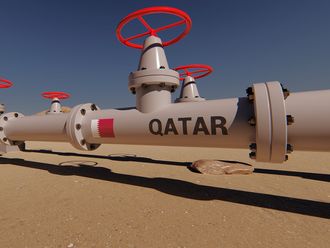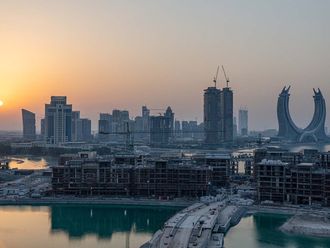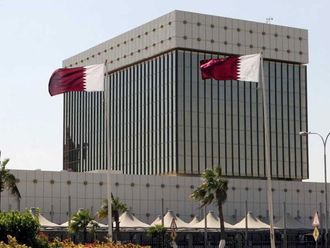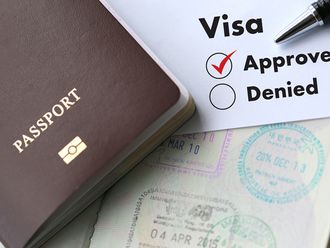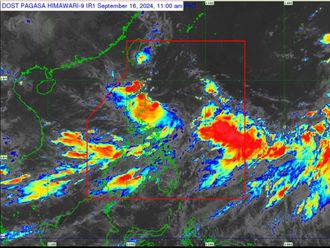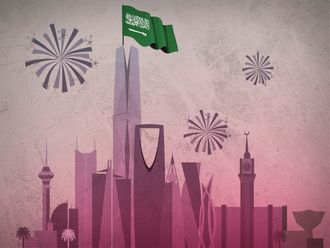
Manama: People in Qatar spend on food during Ramadan double the amount they spend in the other 11 months of the year.
Qatar residents spend a total of around QR900m ($247.2 million) on food alone in Ramadan, while food consumption in the remaining 11 months of the year is worth QR450m, a local daily said, quoting market sources and experts.
The sum is seen as a colossal waste of food in Ramadan when people are supposed to eat less and exercise self-restraint. The wastage is largely due to overspending by Qataris, the Peninsula reported on Sunday.
Qataris also spend around $450 million every year on vacationing and shopping overseas, with around half of them relying on bank loans to finance their travels and shopping.
Figures released by the banking regulator, Qatar Central Bank, suggest that Qatari banks give away $583.3 million worth of personal loans on average every month.
Stressing the "alarming" indications of growing consumerism in the Qatari community, the experts have urged the competent authorities to increase public awareness.
"Lack of awareness is the main cause for the alarming rise in consumerism, so the Consumer Protection Department of the Ministry of Business and Trade must focus its energy on the issue and launch a drive to control overspending among nationals," they said.
Ali Bahzad, an engineer, said he found it disturbing that most Qatari families failed to keep a balance between their income and expenditure.
“One must save at least 10 per cent of one’s income every month,” he said, adding that personal and family finance and budgeting should be included in the school curriculum.
“I think it is very important for people to be taught personal and family budgeting at an early stage when they are in school,” he said, quoted by the daily. "If there is no balance between income and expenditure, one can face a severe financial crisis with the result that one has to rely on loans. One thus gets into a vicious debt trap that never ends,” he said.
Ebrahim Al Ashoor, a media professional, said people in the GCC countries lived simple lives before oil was found.
"The oil income changed not only their lifestyle for worse but also their customs and even religious traditions," he said. “That is why they tend to spend so much on food during Ramadan whereas in reality the spending should be lower than that in any normal month,” he said.
Ramadan this year started on August 11.


